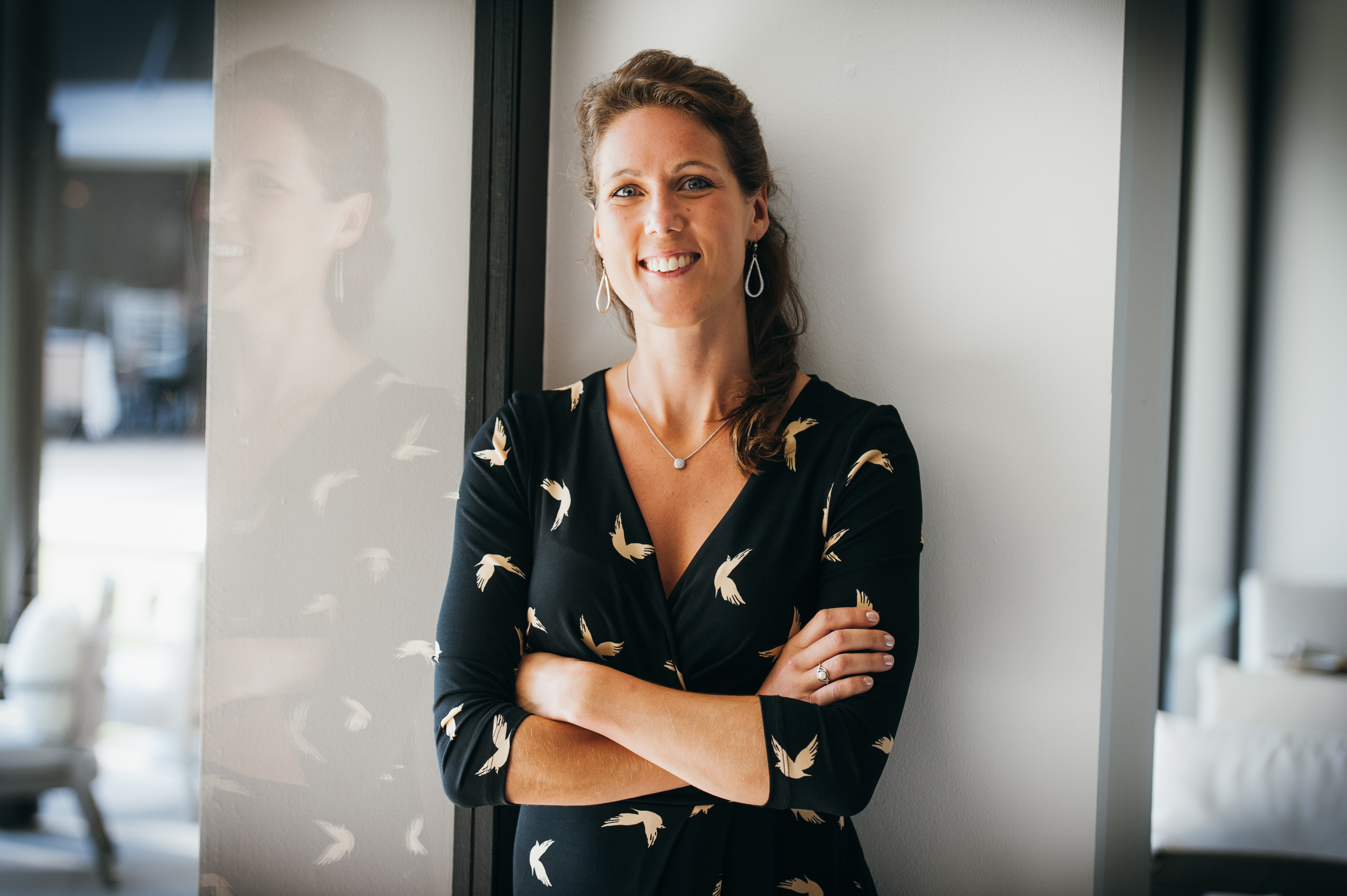Why Do Change Efforts Fail?
This Blog Post was originally published at Gen-i
I’ve said before that a lot of the talk around change uses this language of pain, endurance, and grit. It can, we are told, be really hard to make change happen. And they’re right; it’s true.
We’ve all been there. I too have felt the struggle of change – and I’ve worked a lot to get it to work nonetheless.
So, I feel you. But through the mists and aches of frustration, you need to take a step back and think a little clearer. Why is it that you are struggling to pick up a new skill, to develop in your work, to make change happen in your life?
There are a number of reasons – and it’s these that I want to discuss today.
Because most of the people I coach struggle with change as a result of the same few reasons. And these are usually an unclear vision of the path ahead or else the lack of something key in the infrastructure of change.
These things are easily turned around. And, believe me, with a bit of thought, you’ll begin to thrive in change.
A Lack of Clarity Obstructs Your Change.
One of the most fundamental obstacles to change is a lack of clarity. Often, people feel like they want – or need – to change, but don’t know where or in what direction.
Alternatively, and much too frequently, people seek to change for the wrong reasons – or towards a goal by which they are not entirely convinced. People are too easily absorbed by a vision borrowed from someone else’s dream.
This gets in the way of change for obvious reasons. If you are not convinced that the thing after which you are striving is worthwhile – whether that’s fitness, wealth, or a published novel – you will always be wondering why you don’t have the motivation to reach it.
So, make sure your goal, your intention, is really yours.
Clarity on what your own dream life would be will give you the vision and strength to achieve.
Because clarity is essential in all contexts: according to one study, a lack of clear communication costs US companies $370 billion a year.
Habits: Fighting Against Yourself.
Habits are, often, a miracle of human psychology. However, they can also be something that hold you back.
The reason for this is that bad habits can be really hard to break. Meanwhile, good habits take a good long time to instil. It’s frustrating, sure, but don’t blame them: without them, we’d be nothing.
If you are finding habits too difficult to break – if your hand seems to move of its own accord towards your biscuit tin, or if you find yourself staring at your phone even though you promised yourself you wouldn’t – be reassured by the fact that there are plenty of techniques to work through them.
For example, forget about breaking bad habits per se. Replace theminstead – or cultivate a curiosity and being mindful of them. These techniques work by cooperating with your psychology, rather than just trying by brute force to stop doing what you’ve always done. You will not win by willpower alone!
What is Essential for Successful Change? Accountability.
Last week, we talked about the power of accountability. And the amazing thing with this is that it is one of the most powerful tools there is to make change happen. It can break any habit and instil any new one.
If you outline a clear objective and make yourself accountable to someone, you have a ninety-five percent chance of achieving your change.
Making yourself accountable is the simple action of seeking support in your change. It’s most effective if you schedule regular check-ins with whomever it is to whom you have decided you are accountable.
Yet, there are so many reasons people avoid accountability. If they declare to someone else their desire for change, they show they are unhappy with who they are. Or else, when they fail, other people will know their failure.
These are perfectly understandable reasons. But the fact remains: you are more likely to make change happen if you have the support you need.
That’s why a group of like-minded peers can prove invaluable to enabling you to make change happen! Check out our online Facebook Group to join fellow change-makers. I’ve also begun an implementation and accountability group and online workshop. Email me at [email protected] to find out more.
Fear: Into the Unknown.
The final obstacle to change is fear. A fear of failure, perhaps, but it’s usually more than this.
It’s a fear that other things may have to change if one thing does. It’s a fear that you – or others – might not actually like the new you. Often enough, it’s even a fear of success, and what that might bring.
All of this, really, is a fear of the unknown. An inability to see what is at the end of the path. It’s what holds so many of us back – even, and particular, those that have never thought about changing at all.
This is why clarity and conviction of intention is central to the challenge of change. Knowing where you are going, knowing how – and why – battles against this, and makes the whole thing feel worthwhile.
Because whilst change can be a challenge, it doesn’t need to be scary. Overcome these obstacles, and you’ll begin to love the joy of change.
Action Points: How to Enact Successful Change?
- Gain clarity on your intention.
- Don’t fight against your habits. Replace them.
- Make yourself accountable.
- Embrace fear – and make peace with change.
Find out HOW to make change happen, with the HOW Skill Set.
This Blog Post was originally published at Gen-i


